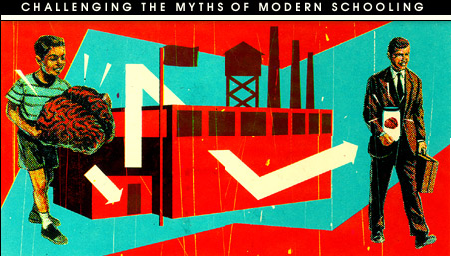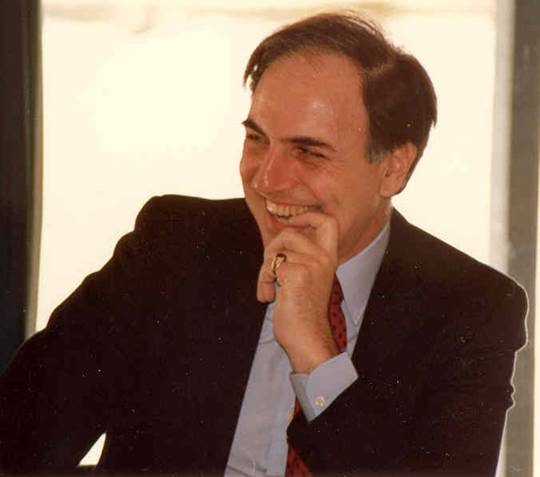NHCommonsense.org




Solari.com




Flying Spaghetti Monster

Hemp Industries Assn





Free School Movement

|
Sherwin Wine, RIP
Another noble soul leaves the building
Or, according to the Woody Allen adage, "he begins to live on in his works and his friends, yet no longer in his apartment." I'm sad to convey that on Saturday, July 21st, Rabbi Wine died in an automobile accident in Morocco where he was vacationing. He was 79.
Rabbi Wine was "not your father's" rabbi.
Wine was raised in Detroit by Polish immigrant parents in a Conservative Jewish
tradition. Yet he became a Reform sect rabbi after receiving his masters in philosophy from UofM and then graduating from Hebrew Union College in 1956. He  became disenchanted with the notion of "God" while at the same time developing wide-ranging humanitarian interests. In 1963, he and eight Detroit-area families founded The Birmingham Temple, the first Humanistic congregation. became disenchanted with the notion of "God" while at the same time developing wide-ranging humanitarian interests. In 1963, he and eight Detroit-area families founded The Birmingham Temple, the first Humanistic congregation.
This incredibly knowledgeable, enthusiastic, and sharing man literally became the fountainhead of an entirely new sect of Humanistic Judaism that currently claims 40,000 members worldwide. The American Humanist Association selected him humanist of the year for 2003, which was also the year he retired from the temple and from humanistic "activism." He was a man of remarkable qualities, and I recommend that readers who are interested in his personal and intellectual legacy access the Temple-site link above.
As someone whose early intellectual milieu intersected that of the good Rabbi and his devotees, I want to make a few remarks of my own: Wine was someone I knew mostly by reputation; he spent his life in SE Michigan, which is where I arrived as a firebrand Randian and libertarian ideologue during my college years in the early 1970s.
I did a attend a few of Rabbi Wine's presentations at the Birmingham Temple (which is actually in Farmington Hills) with some Objectivist-libertarian friends. In 1978, my wife and another couple attended a lecture by Dr. Nathaniel Branden sponsored by Wine and the Birmingham Temple at the Grosse Pointe War Memorial. Several hundred people filled the room. It was one of the few occasions Rabbi Wine was not the center of attention.
A good word describing Rabbi Wine is "voluble."
And that's what people came to see and hear: Whether it was a new book, a culturally significant movie, or a startling new discovery in the field of astronomy, he exuded this incredible intellectual energy. His enthusiasm was contagious, making listeners want to go out and leap tall buildings for personal enlightenment... while stamping out prejudice and social injustice in their spare time.
In the 70s and into the 80s, the country was embracing various grand nonreligious self-discovery movements that continue to this day.
(Remember Est, the Primal Scream, Jacob Bronowski's The Ascent of Man, Alistair Cooke's America series, Alex Haley's Roots, Marabel Morgan's The Total Woman (kidding, just seeing if you're paying attention)? Well, we can look back now and laugh at some of the excesses—and the many charlatans— but it was early in transhuman evolution. Many were truly seeking answers to the big questions of life.)
Those days have petered out maybe because the Boomers are getting older. But as a recent self-described, street-level "rational libertarian humanist
(or transhumanist)," I personally have become sensitive to the social health of the humanist movement in particular.
The Christian analog to Rabbi Wine's Humanistic Judaism is arguably the churches associated with Unitarian-Universalism. I've attended services, and in fact was married in the Birmingham Unitarian Church (in Birmingham, Michigan), where Rabbi Wine was just last week memorialized. They're good people, and like the humanistic Jews, they've set up a venue—a liturgy, ceremony for life's big events, a nourishing social oasis—for cultivated freethinking.
What the Good Rabbi has established, as Emerson nearly 200 years earlier (with the Unitarian approach),
is a means for constant reinvigoration from younger members of the species.
The secular version of the humanist vision, probably exemplified in the Council for Secular Humanism and its sterling publication Free Inquiry is doing fine work, too. Yet leaders of these sorts of humanists, without formal links with religion, have a tough time shaping their ideas into a "way of life."
And this
what is so special about Rabbi Wine. Yes, he had a scintillating personality that stirred the brain cells if not the blood. Yet he essentially transformed a small part of an existing faith-based religion, Judaism, into a reason-focused one. Meaning he opened up his temples to people who would just as soon work for their truth as to have it revealed to them by God or the elders.
Other than that, the sociological reasons for Sunday-go-to-meeting (or Saturday) remained intact. Brilliant. Like having your cake and eating it too. What it suggests then to me is the Unitarians and related spiritual havens—especially these days with resurgence in our culture of blind faith in the supernatural—have a lot more potential along the same lines.
And if a warm, loving, energetic force of nature like Sherwin Wine doesn't materialize to galvanize Christian-based humanists... well, there's always Buddhism.
:)
2007 July 30
Copyright © Brian Wright | The Coffee Coaster™
Sherwin Wine | Humanistic Judaism | Birmingham Temple |

|




